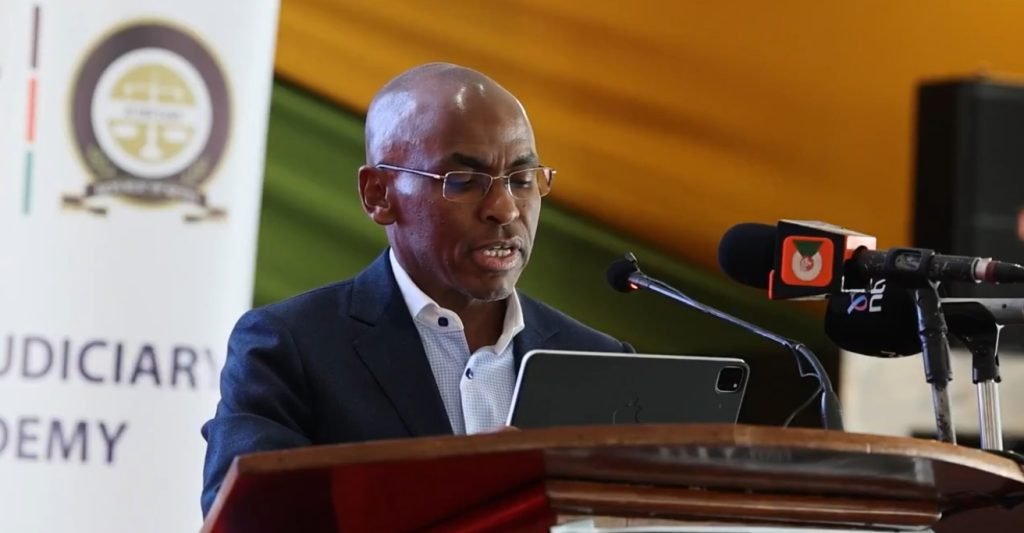
Kenyans are voicing mounting frustration over what they describe as a growing tide of unsolicited text messages—commonly referred to as SMS spam—on Safaricom PLC’s mobile network.
On Thursday, outspoken blogger Cyprian Nyakundi took to his X (formerly Twitter) account to call out Safaricom’s Chief Executive Officer Peter Ndegwa, urging the country’s largest mobile operator to address what he termed a “growing challenge that is hurting consumer privacy.”
Nyakundi’s public post echoed a flurry of complaints from Safaricom subscribers across the country who say their phones are routinely bombarded with promotional messages, gambling alerts and other unwanted texts—often from unknown numbers or obscure short codes.
Many consumers argue that the deluge of unsolicited texts is not merely an annoyance but a serious breach of privacy. Some also question whether the senders have obtained subscribers’ contacts through legitimate means.
Safaricom, which boasts more than 40 million subscribers, has yet to issue a formal response to Nyakundi’s remarks or to the wider concerns about spam messages.
Industry observers note that the Data Protection Act of 2019 obliges network providers and marketers to obtain clear consent before sending marketing communications.
Consumer rights advocates, including the Consumers Federation of Kenya (COFEK), have in the past pressed both the Office of the Data Protection Commissioner (ODPC) and mobile operators to implement stronger safeguards—such as tighter controls on bulk SMS services and swift penalties for violators.
As the complaints gather pace, all eyes are now on Safaricom’s leadership and the ODPC to outline what immediate steps will be taken to curb spam and protect the privacy of millions of Kenyan subscribers.


